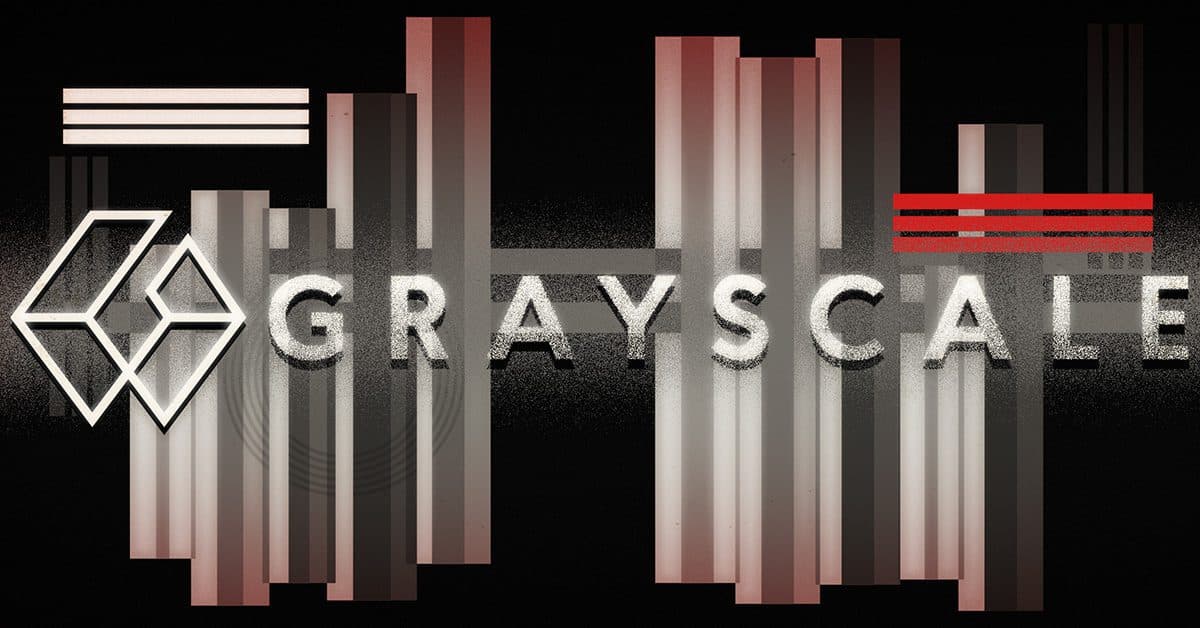Grayscale’s Latest Fund Focuses on Smart Contract Platforms
The world’s largest digital currency asset manager introduced its 18th investment product

Blockworks exclusive Art by Axel Rangel
- The fund’s top holdings are Cardano and Solana
- Grayscale’s investors are “not looking to pick winners,” CEO Michael Sonnenshein says
Grayscale Investments has launched a fund that allows investors to bet on Ethereum’s largest competitors in the smart contract space.
The Grayscale Smart Contract Platform ex Ethereum Fund is a market capitalization-weighted portfolio that tracks the CoinDesk Smart Contract Platform Select Ex ETH Index.
Smart contracts are programs run on blockchains that automatically carry out their coded functions when certain conditions are met. They allow users to move funds, create decentralized finance (DeFi) applications and represent the ownership of non-fungible tokens (NFTs).
The fund’s top holdings, as of March 16, were Cardano (ADA) and Solana (SOL), each at roughly 24%. Avalanche (AVAX) and Polkadot (DOT) account for about 17% and 16%, respectively, of the portfolio. The fund also allocates to Polygon (MATIC), Algorand (ALGO) and Stellar (XLM).
Grayscale CEO Michael Sonnenshein called the smart contract platform ecosystem an “emerging area” within crypto.
“Our investors continue to seek diversification within their crypto holdings,” he told Blockworks. “They’re not looking to pick winners and prefer seamless access through a diversified product structure.”
Though many investors allocated to Ethereum amid its growth over the past year, there is demand for other smart contract platforms too, according to CoinDesk Indices Managing Director Jodie Gunzberg.
Ethereum’s market capitalization is about $350 billion. Its price, as of 8 am ET on Tuesday, was about $3,020, according to data compiled by Blockworks — up 68.6% from a year ago.
ADA and SOL have market caps currently hovering around $30 billion.
Currently, at $0.95, ADA’s price is down 19.7% in the past year. SOL’s price has risen 542% from a year ago to $91.90.
The new fund is open for daily subscription by eligible individuals and institutional accredited investors and has a 2.5% annual fee.
Grayscale now has 18 investment products, three of which are diversified offerings. As the world’s largest digital currency asset manager, Grayscale managed nearly $40 billion in assets as of March 18.
Sonnenshein said Grayscale is constantly evaluating new protocols to include in the firm’s product family to meet demand.
In January, the company added 25 assets to a list of investments it is considering making available to investors. The announcement follows the firm’s launch of its first ETF, the Grayscale Future of Finance ETF (GFOF), last month. The fund, which carries an expense ratio of 70 basis points, has $14 million in assets.
Get the news in your inbox. Explore Blockworks newsletters:
- The Breakdown: Decoding crypto and the markets. Daily.
- 0xResearch: Alpha in your inbox. Think like an analyst.






